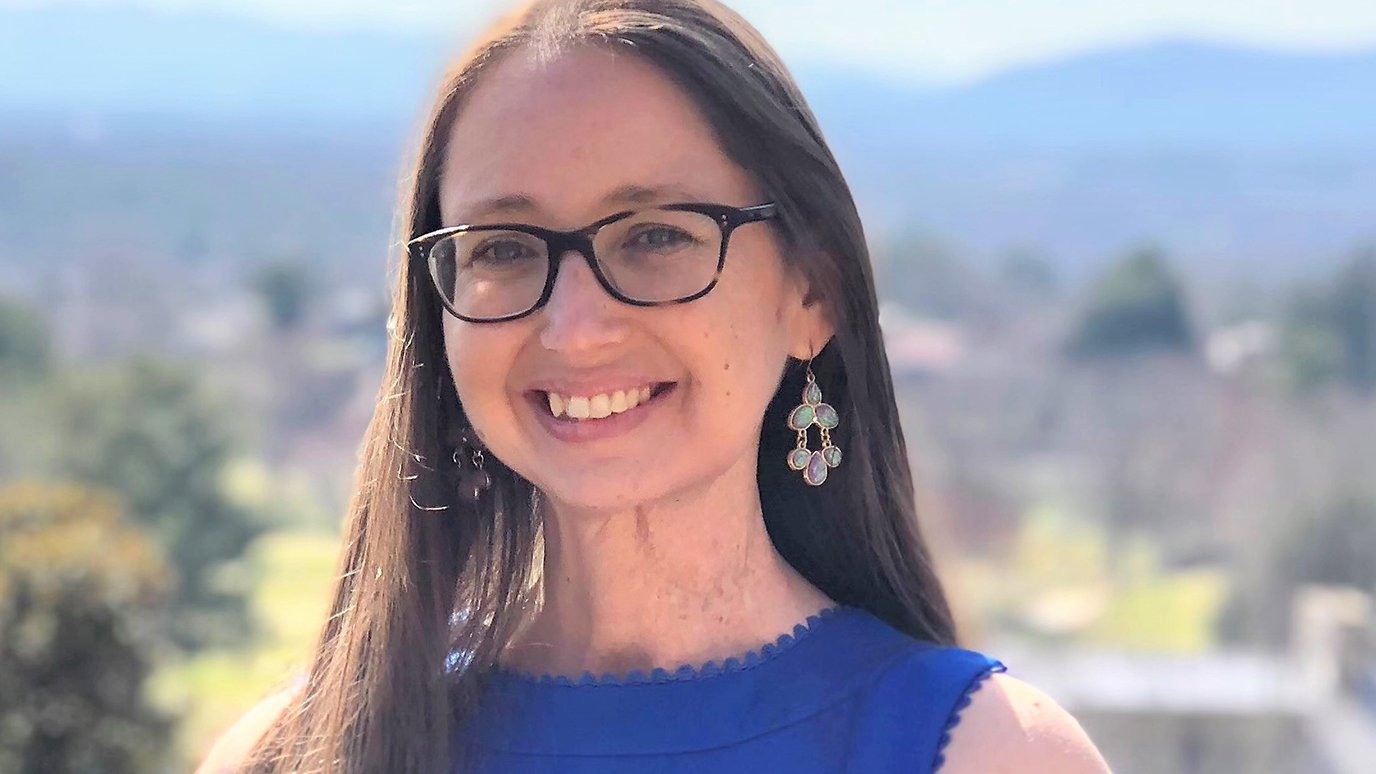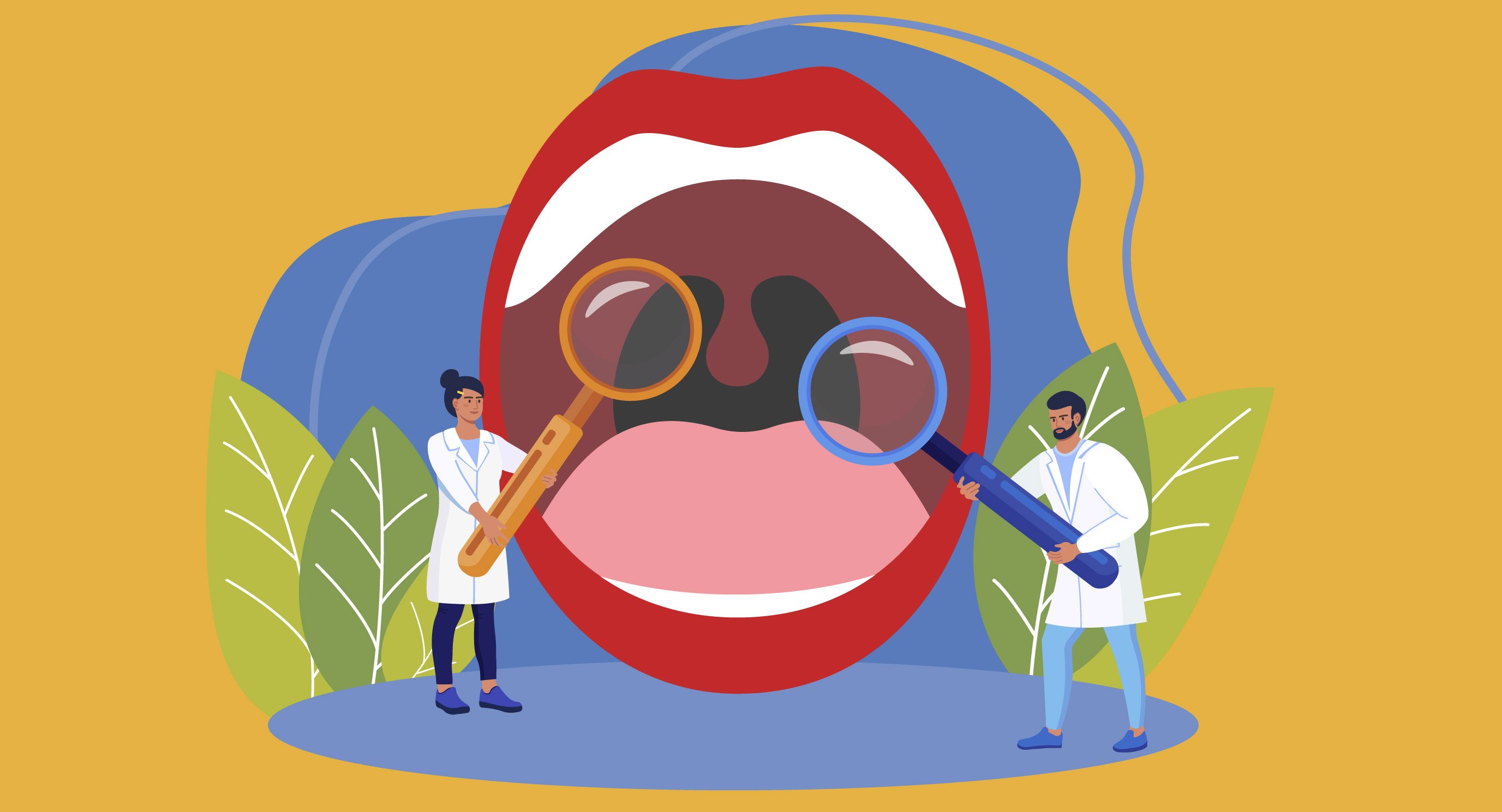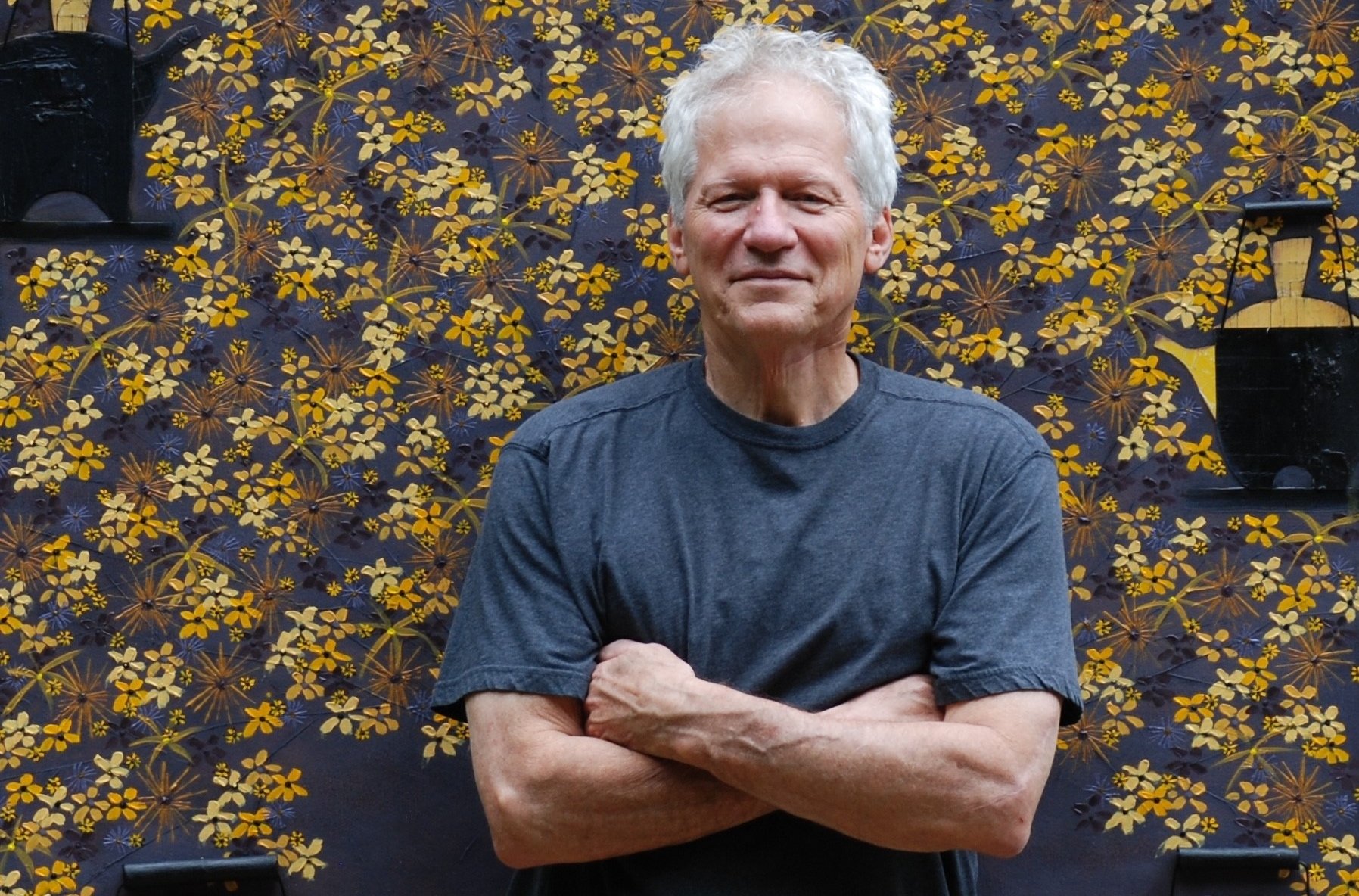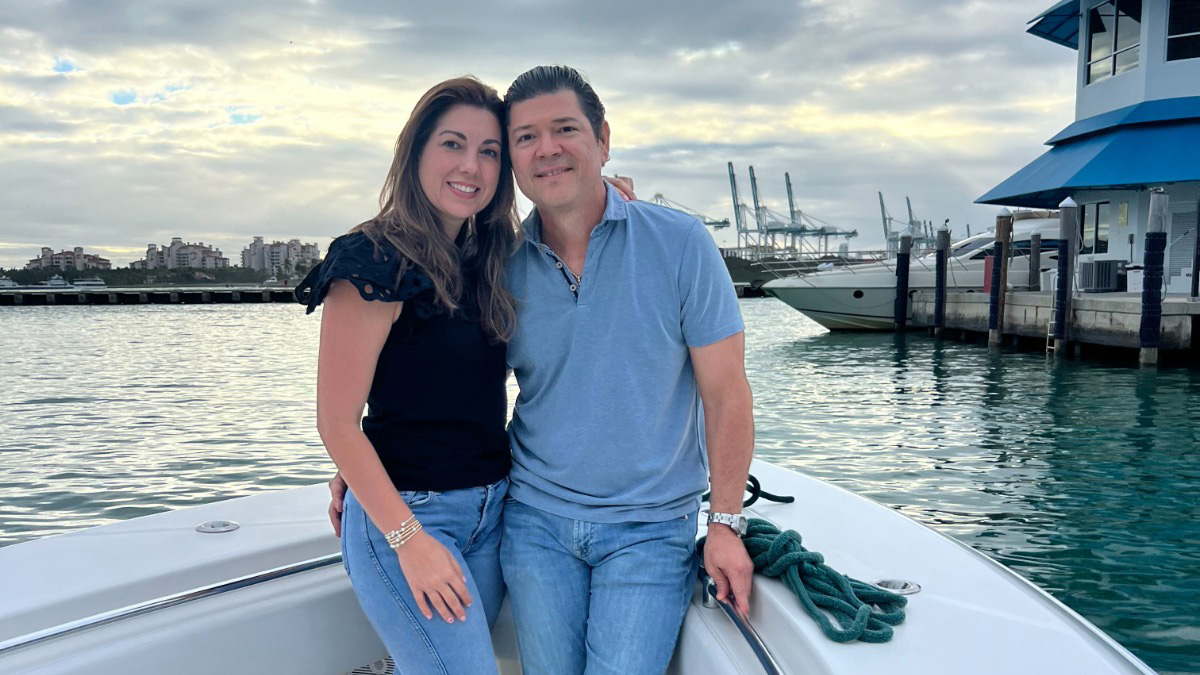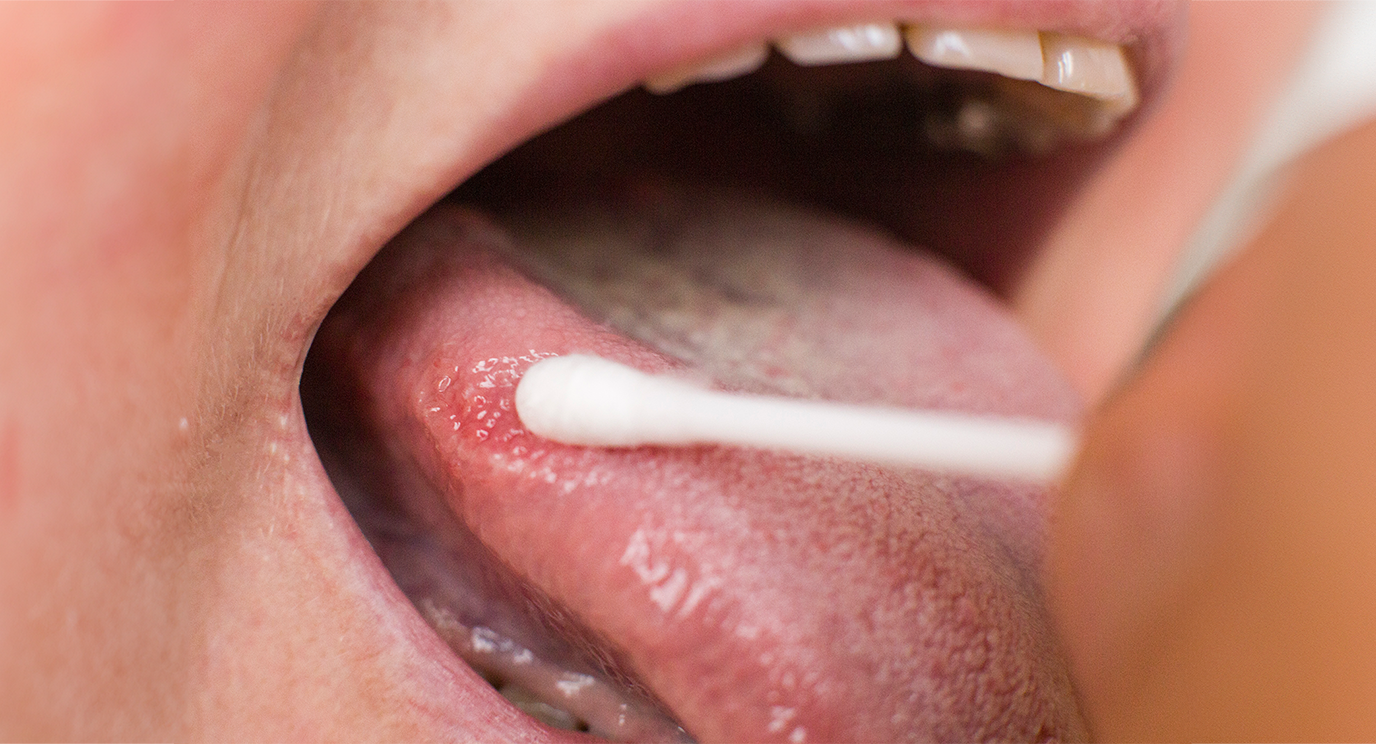- Diseases
- Acoustic Neuroma (16)
- Adrenal Gland Tumor (24)
- Anal Cancer (70)
- Anemia (2)
- Appendix Cancer (18)
- Bile Duct Cancer (26)
- Bladder Cancer (74)
- Brain Metastases (28)
- Brain Tumor (234)
- Breast Cancer (728)
- Breast Implant-Associated Anaplastic Large Cell Lymphoma (2)
- Cancer of Unknown Primary (4)
- Carcinoid Tumor (8)
- Cervical Cancer (164)
- Colon Cancer (168)
- Colorectal Cancer (118)
- Endocrine Tumor (4)
- Esophageal Cancer (44)
- Eye Cancer (36)
- Fallopian Tube Cancer (8)
- Germ Cell Tumor (4)
- Gestational Trophoblastic Disease (2)
- Head and Neck Cancer (14)
- Kidney Cancer (130)
- Leukemia (342)
- Liver Cancer (50)
- Lung Cancer (286)
- Lymphoma (278)
- Mesothelioma (14)
- Metastasis (30)
- Multiple Myeloma (100)
- Myelodysplastic Syndrome (60)
- Myeloproliferative Neoplasm (6)
- Neuroendocrine Tumors (16)
- Oral Cancer (102)
- Ovarian Cancer (178)
- Pancreatic Cancer (162)
- Parathyroid Disease (2)
- Penile Cancer (14)
- Pituitary Tumor (6)
- Prostate Cancer (150)
- Rectal Cancer (58)
- Renal Medullary Carcinoma (6)
- Salivary Gland Cancer (14)
- Sarcoma (238)
- Skin Cancer (302)
- Skull Base Tumors (56)
- Spinal Tumor (12)
- Stomach Cancer (66)
- Testicular Cancer (28)
- Throat Cancer (92)
- Thymoma (6)
- Thyroid Cancer (100)
- Tonsil Cancer (30)
- Uterine Cancer (86)
- Vaginal Cancer (18)
- Vulvar Cancer (22)
- Cancer Topic
- Adolescent and Young Adult Cancer Issues (22)
- Advance Care Planning (12)
- Biostatistics (2)
- Blood Donation (18)
- Bone Health (8)
- COVID-19 (360)
- Cancer Recurrence (120)
- Childhood Cancer Issues (120)
- Clinical Trials (628)
- Complementary Integrative Medicine (22)
- Cytogenetics (2)
- DNA Methylation (4)
- Diagnosis (240)
- Epigenetics (6)
- Fertility (62)
- Follow-up Guidelines (2)
- Health Disparities (14)
- Hereditary Cancer Syndromes (128)
- Immunology (18)
- Li-Fraumeni Syndrome (8)
- Mental Health (122)
- Molecular Diagnostics (8)
- Pain Management (62)
- Palliative Care (8)
- Pathology (10)
- Physical Therapy (18)
- Pregnancy (18)
- Prevention (940)
- Research (390)
- Second Opinion (78)
- Sexuality (16)
- Side Effects (616)
- Sleep Disorders (10)
- Stem Cell Transplantation Cellular Therapy (216)
- Support (408)
- Survivorship (330)
- Symptoms (182)
- Treatment (1794)
Stage IV oral cancer survivor: How MD Anderson helped me reclaim my faith
4 minute read | Published March 06, 2025
Medically Reviewed | Last reviewed by an MD Anderson Cancer Center medical professional on March 06, 2025
As an International Coaching Federation Master Certified Coach, National Board for Health and Wellness Coaching-certified coach and behavioral science expert, I’m normally someone that other people come to when they don’t know what to do. So, you’d think I’d be one of the last people on Earth to suffer a crisis of faith.
You’d be wrong.
Because when I was diagnosed with squamous cell carcinoma of the oral cavity in July 2021, I was beyond taken aback. I found myself extremely upset. I knew there were people out there who could smoke just about anything and still be fine. But I lead a very intentional, holistic, faith-based life. I exercise daily, eat right and don’t smoke or drink. And yet, here I was, with a stage IV oral cancer diagnosis.
Oral cancer diagnosis brings crisis of faith
Fortunately, my cancer was still treatable, despite being fairly advanced. Insurance would cover the therapies I needed. And, I was fortunate enough to be seeing the best doctors at the best cancer hospital in the world.
I had more than enough evidence in my life that God had His hands on me. Yet I was still having moments of self-doubt, depression, fear and even anger. Some days, I broke down crying. At one point, I remember thinking, “Usually, I can spot Divine Order easily and have unshakeable faith. So, where is it now, when I really need it?”
What ended up helping me reclaim my perspective was my care team at MD Anderson, especially Dr. Steven Frank, Dr. Patrick Garvey, speech therapist Holly McMillan and my physician assistant. They gave me the clarity and compassion I so desperately needed.
At MD Anderson, I had clinicians, scientists and researchers who didn’t treat me like I was a number or just another patient. My emotional state went from despair to determined. And I went from feeling frustrated to becoming very focused. I decided that even though I had cancer, I was not going to let cancer have me.
Straight talk plus empathy made the path forward easier
My plastic surgeon, Dr. Patrick Garvey, was the first person to give me hope. He also reminded me that I hadn’t done anything wrong or brought this disease on myself. “Sometimes, cancer just happens,” he explained. He and his physician assistant, Faiyzan, replied to my anxious myChart messages in the very early hours of the morning several times.
My radiation oncologist, Dr. Steven Frank, was also extremely responsive. He delivered the first good news I’d heard since my diagnosis. After performing the scoping procedure to accurately stage my cancer, he said, “This is treatable. You’re not going to die.” He also fought hard to get me the proton therapy I needed.
And when my head and neck surgeon, Dr. Ann Gillenwater, met with me, she was gentle yet firm. I questioned her about the need to use a non-weight-bearing bone from my leg (the fibula) to reconstruct my jaw.
She said, “You’re on national TV, and you do a lot of public speaking, so you don’t want to be disfigured. If we don’t reconstruct your mandible, it’s going to affect not just your appearance, but also how you eat and speak. This lesion is in the retromolar area of your mouth, so we’re going to have to do a mandibular reconstruction. We need to harvest that bone.”
Her straight talk helped me realize that I really had no choice. I had the 12-and-a-half-hour surgery on Sept. 15, 2021. And she did such a great job of removing the cancer that I didn’t need chemotherapy afterward.
Care team's compassion helped during recovery
I had my last proton therapy treatment on Dec. 21, 2021, and officially became cancer-free. Banging the gong was an early Christmas present.
During my recovery, there were times when my leg was swollen. My care team was so compassionate. They know I am a workout fanatic, but I couldn’t exercise or walk. So, they created workouts that I could do while lying down in my bed. They also prescribed medicine to help with the pain, so that I could actually sleep at night and heal. They never dismissed my concerns.
My health care team was tailor-made for me. That gave me the peace of mind to focus on getting better and placed me firmly back in a place of gratitude.
Any one of my doctors could easily be the chief medical officer at any hospital in America. The work they did on me was exceptional. And the weekly follow-ups I had with Holly McMillan and Dr. Richard Cardoso gave me the reassurance and encouragement I needed to make it through the last few miles of my treatment.
Finding comfort in a commitment to medical excellence
Cancer sucks, and it’s not fair. But MD Anderson brings the best possible people together — and they come up with a plan that’s tailor-made for you. Where else can you get that?
There’s something really magical that happens at MD Anderson. Whatever your prognosis, you can find comfort in knowing you’re at a place where people really care about you, and they are there because of a commitment to excellence in medicine.
Everyone I’ve encountered at MD Anderson is a five-star professional, from the dental oncologists and microsurgeons to the physician assistants and nurses. Even the phlebotomists are excellent. I don’t think I could have picked a better team.
Request an appointment at MD Anderson online or call 1-877-632-6789.
Related Cancerwise Stories

There’s something really magical that happens at MD Anderson.
D. Ivan Young, Ph.D.
Survivor

